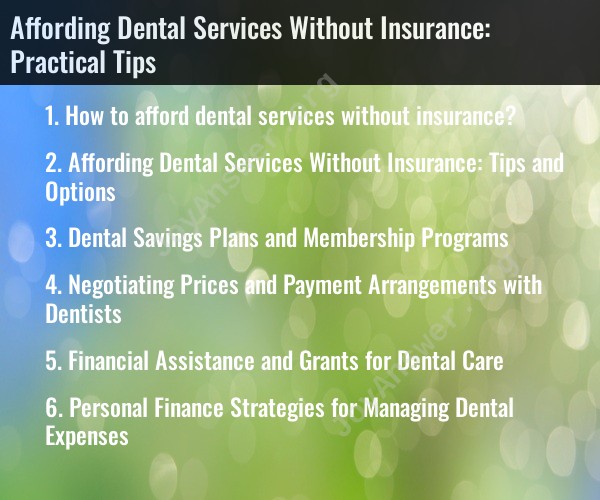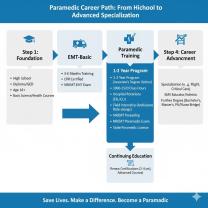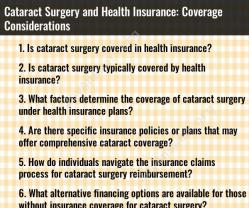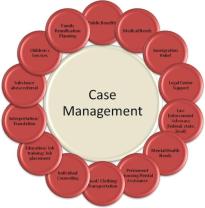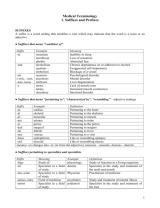How to afford dental services without insurance?
Affording dental services without insurance can be a challenge, but there are several practical tips and strategies that can help make dental care more accessible and affordable. Here are some ways to afford dental services without insurance:
Dental Savings Plans: Consider joining a dental savings plan, also known as a dental discount plan. These plans offer discounts on various dental services when you visit participating dentists. You pay an annual or monthly fee to access these discounts.
Community Health Clinics: Look for community health clinics or federally qualified health centers that provide dental services at reduced rates. These clinics often offer sliding fee scales based on your income.
Dental Schools: Dental schools often provide dental services at a lower cost. Dental students, under the supervision of experienced faculty, perform the treatments. While it may take more time, the quality of care is generally high.
Nonprofit Organizations: Some nonprofit organizations, such as Mission of Mercy and local dental charities, offer free or low-cost dental care to underserved populations. Check if such organizations operate in your area.
Payment Plans: Many dental practices offer flexible payment plans that allow you to pay for your treatment in installments over time. Ask about available financing options.
Sliding Fee Scale: Some private dental practices may offer a sliding fee scale, which adjusts the cost of treatment based on your income and ability to pay. Inquire about this option.
Preventive Care: Invest in preventive care to avoid costly treatments in the future. Regular check-ups and cleanings can help catch dental issues early and prevent more extensive and expensive procedures.
Negotiate Costs: If you need a specific dental procedure, don't hesitate to discuss the cost with the dentist. Some dentists are willing to negotiate fees or offer discounts for paying in cash.
Dental Care Credit Card: Some credit cards are designed specifically for healthcare expenses, including dental care. These cards may offer promotional financing or lower interest rates for medical and dental expenses.
Health Savings Account (HSA) or Flexible Spending Account (FSA): If you have an HSA or FSA, you can use the funds to pay for eligible dental expenses. Contributions to these accounts are often tax-deductible.
Medicaid or CHIP: Depending on your income and the state you live in, you may be eligible for Medicaid or the Children's Health Insurance Program (CHIP), which can provide dental coverage for eligible individuals and families.
Discounted Dental Packages: Some dental practices offer discounted packages for routine dental care, which can be more cost-effective than paying for each service separately.
Online Coupons and Deals: Check websites and platforms that offer coupons and deals for dental services. You might find discounts on cleanings, X-rays, and other treatments.
Shop Around: Get estimates from multiple dental offices for the same procedure. Prices can vary, so shopping around can help you find a more affordable option.
Emergency Funds and Personal Savings: Consider setting aside a small emergency fund or savings account specifically for unexpected dental expenses.
Remember that maintaining good oral hygiene through regular brushing, flossing, and routine dental check-ups can help prevent costly dental problems in the first place. Prioritizing preventive care is a key strategy for affording dental services without insurance.
Affording Dental Services Without Insurance: Tips and Options
Affording dental services without insurance can be a challenge, but there are a number of things you can do to make it more affordable. Here are some tips and options:
- Shop around for the best prices. Dental fees can vary widely from dentist to dentist, so it's important to shop around and compare prices before you commit to any treatment. You can get quotes from multiple dentists or use a service like DentalPlans.com to compare dental savings plans.
- Consider a dental savings plan or membership program. Dental savings plans and membership programs can offer significant discounts on dental services. These programs typically have a monthly or annual fee, but the savings can be worth it if you need regular dental care.
- Negotiate prices and payment arrangements with dentists. Many dentists are willing to negotiate prices and payment arrangements with patients. If you're struggling to afford dental care, don't be afraid to ask your dentist for a discount or to spread out your payments over time.
- Look for financial assistance and grants. There are a number of organizations that offer financial assistance and grants for dental care. These programs can be especially helpful for low-income individuals and families.
- Manage your dental expenses. There are a number of things you can do to manage your dental expenses, such as brushing and flossing regularly to prevent cavities and gum disease, and eating a healthy diet. You can also save money by getting regular dental checkups and cleanings.
Dental Savings Plans and Membership Programs
Dental savings plans and membership programs are a good way to save money on dental services. These programs typically have a monthly or annual fee, but the savings can be worth it if you need regular dental care.
Dental savings plans work by negotiating discounted rates with dentists in their network. When you go to a dentist in the network, you'll pay the discounted rate for services. You may also have to pay a copay or coinsurance fee.
Dental membership programs work similarly, but they typically have a lower monthly fee and higher copays and coinsurance fees.
Negotiating Prices and Payment Arrangements with Dentists
Many dentists are willing to negotiate prices and payment arrangements with patients. If you're struggling to afford dental care, don't be afraid to ask your dentist for a discount or to spread out your payments over time.
Here are some tips for negotiating with your dentist:
- Be honest about your financial situation.
- Be willing to compromise.
- Be polite and respectful.
Financial Assistance and Grants for Dental Care
There are a number of organizations that offer financial assistance and grants for dental care. These programs can be especially helpful for low-income individuals and families.
Some common dental financial assistance programs include:
- Medicaid
- CHIP
- Donated Dental Services
- Dental Lifeline Network
- National Association of Free and Charitable Clinics
To find out if you're eligible for financial assistance or a grant, contact your local health department or dental school.
Personal Finance Strategies for Managing Dental Expenses
There are a number of personal finance strategies you can use to manage your dental expenses. Here are a few tips:
- Set up a dental budget. This will help you track your spending and make sure you're not overspending on dental care.
- Save money for dental expenses. You can save money by setting up a dedicated dental savings account or by contributing to a health savings account (HSA).
- Use a credit card with dental benefits. Some credit cards offer dental benefits, such as discounts on services or reimbursement for out-of-pocket costs.
- Take advantage of dental insurance. If you have dental insurance, be sure to take advantage of your benefits. This includes getting regular dental checkups and cleanings, and using your preventive care benefits.
By following these tips, you can make it more affordable to get the dental care you need, even if you don't have insurance.
